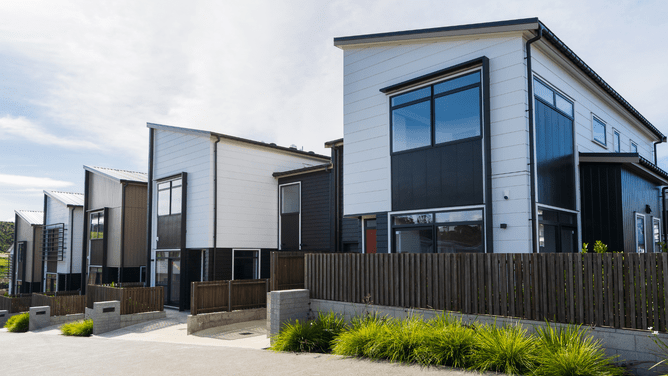Are inspections before you purchase a property really needed?
Imagine moving into your new home and then finding out two months down the track that portions of the electrical system are not compliant, you have serious water leaks and a major borer problem?
If you are considering buying a new property, use this checklist for your own inspection before engaging a professional inspector. This might help you rule out a property before going too far through the purchase process:
- Do any of the windows stick?
- Is the house insulated?
- Do you see any leaks, water stains or suspicious new paint anywhere?
- Do you see any cracks or bulges on walls (could be due to subsidence, moisture or condensation)?
- Is there sufficient natural light in the house?
- Is noise control within the house adequate?
- Are the hot water cylinder and header tank securely fastened?
- Are there any water pressure/plumbing problems (check by turning on several taps at once)?
- Also, turn on the shower to make sure it has good pressure and is hot.
- If the property is connected to gas, are gas pipes working properly (turn on several outlets at once and make sure the flame is strong and high)?
- Do all fans and rangehoods vent to the outside?
- Are all windows and doorframes in good condition?
- Do all doors close properly?
- Is there any mould in wardrobes, cupboards or bathrooms?
- Are toilets and cisterns in good condition?
- Are there any signs of damp?
- Are there any signs of borer?
- Get on to the roof and check for any signs of rust or cracked tiles.
- Do the gutters show any signs of rust or cracking?
- Are metal flashings over windows and doors rusted?
- Is there rust or staining on the exterior walls?
- If it is a property with a plaster finish, are there any cracks in the plaster, in particular around windows, doors and corners?
- Is there any dampness around windows and doors?
- Go under the house and check the piles. Are there any missing piles or any that are no longer supporting the house?
- Are the piles solid or is there any sign of rot?
- Look for any floor problems that may be hidden from above.
- Check for gaps in the flooring, dampness and borer.
- Are the fences in good condition?
Other considerations:
- Are there any protection orders over trees or buildings on the property?
- What is the zoning for that property, as well as adjoining properties?
- Is a LIM report available?
- Is there, or has there been, a claim to the Weathertight Homes Resolution Service?
- What is the government rating valuation for the property?
- Have all building consents been obtained?
- How much are the rates?
- If the property has been rewired recently, is there an electrician's Certificate of Compliance?
- Is the property likely to flood in heavy rain?
Even if you are satisfied after completing your own inspection, it is still advisable to hire the services of an expert and independent building inspector to evaluate the structure of the house and provide feedback about other systems such as the roof, plumbing, electrical system, heating/air conditioning units, insulation, doors, windows and more. Some people do have a friend or family member who can perform an inspection, but make sure they have the required expertise to do a thorough evaluation of the property.




